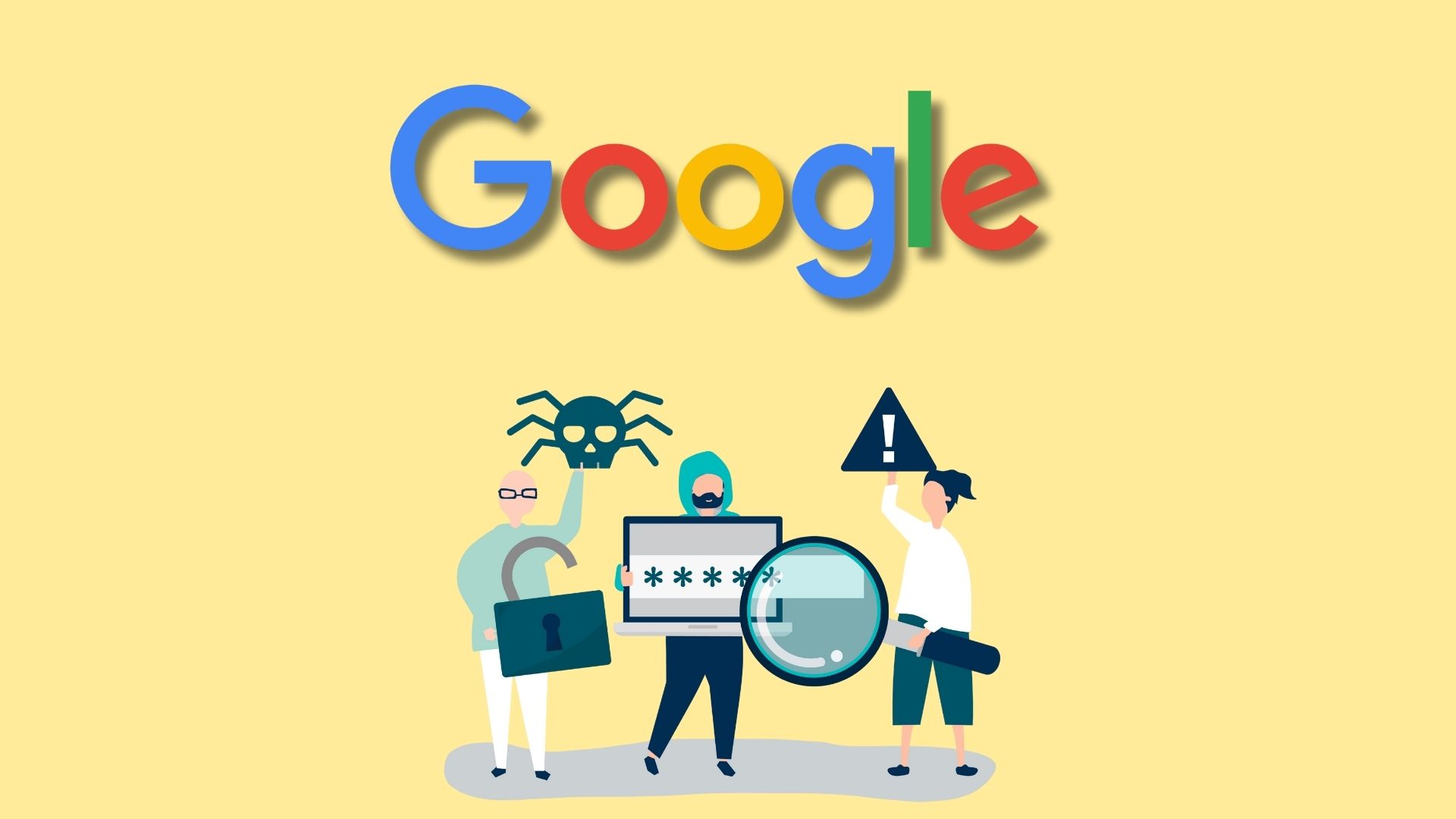The US tech firm, OpenAI, gained fresh momentum after being named an Emerging Leader in Generative AI by Gartner. The assessment highlights strong industry confidence in OpenAI’s ability to support companies that want reliable and scalable AI systems.
Enterprise clients have increasingly adopted the company’s tools after significant investment in privacy controls, data governance frameworks and evaluation methods that help organisations deploy AI safely.
More than one million companies now use OpenAI’s technology, driven by workers who request ChatGPT as part of their daily tasks.
Over eight hundred million weekly users arrive already familiar with the tool, which shortens pilot phases and improves returns, rather than slowing transformation with lengthy onboarding. ChatGPT Enterprise has experienced sharp expansion, recording ninefold growth in seats over the past year.
OpenAI views generative AI as a new layer of enterprise infrastructure rather than a peripheral experiment. The next generation of systems is expected to be more collaborative and closely integrated with corporate operations, supporting new ways of working across multiple sectors.
The company aims to help organisations convert AI strategies into measurable results, rather than abstract ambitions.
Executives described the recognition as encouraging, although they stressed that broader progress still lies ahead. OpenAI plans to continue strengthening its enterprise platform, enabling businesses to integrate AI responsibly and at scale.
Would you like to learn more about AI, tech and digital diplomacy? If so, ask our Diplo chatbot!










